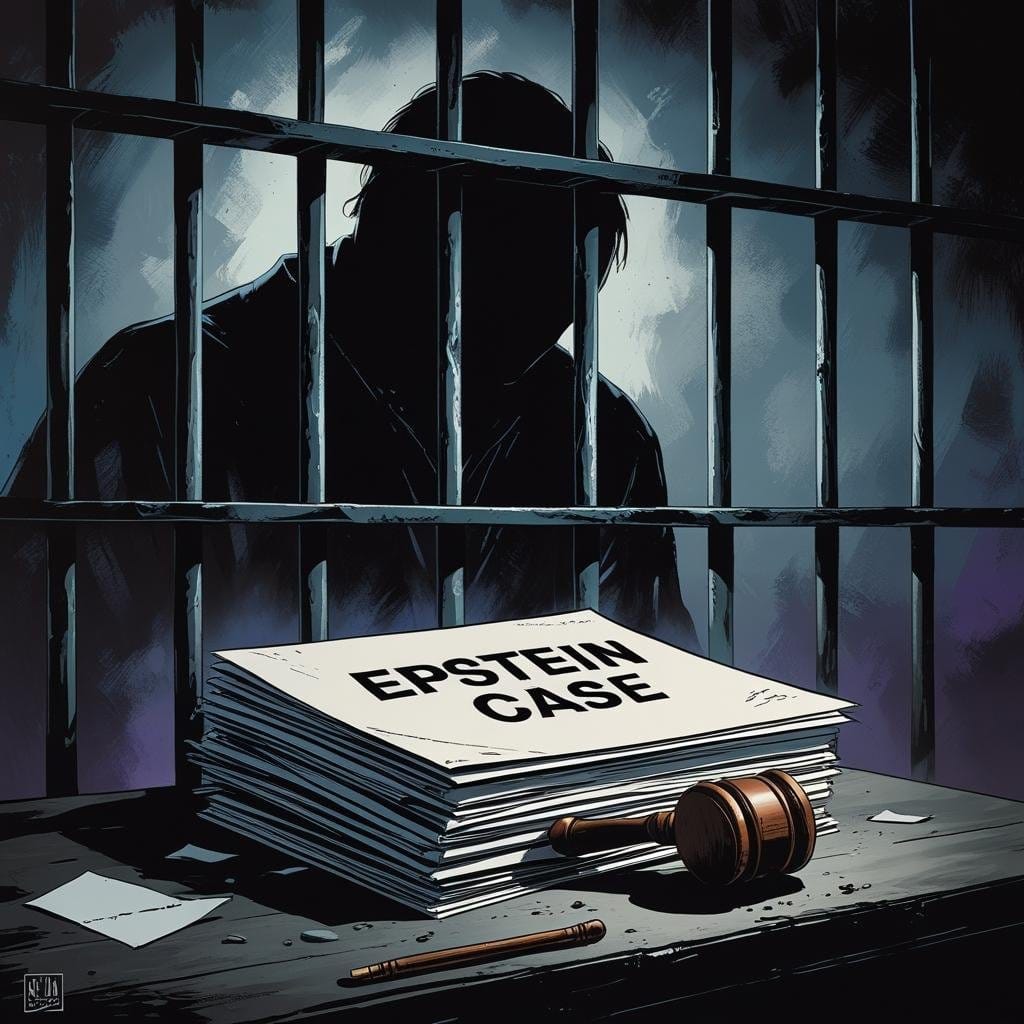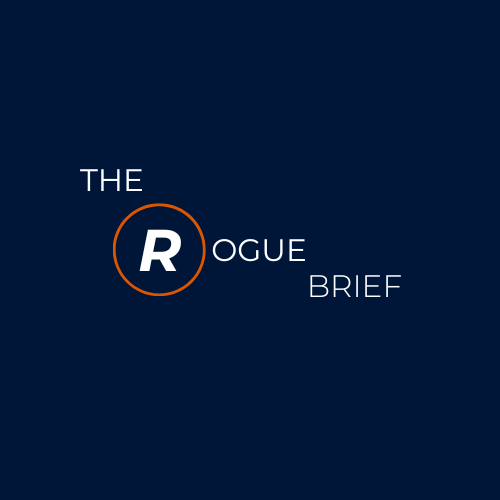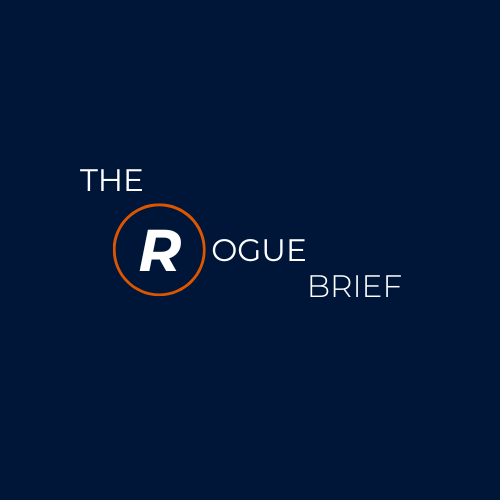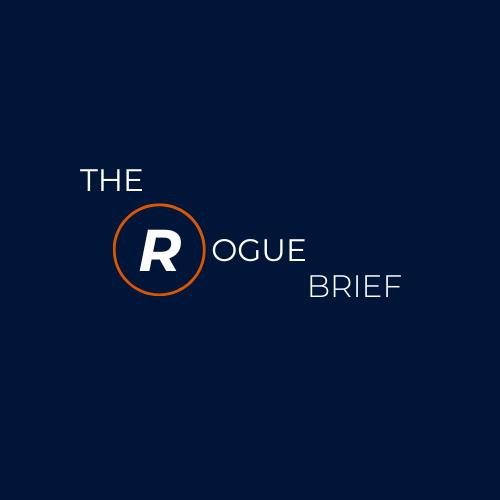Justice After Epstein: Is This Really All There Is? (part 1)
Why most Epstein associates won’t face charges: legal hurdles, expiring statutes, and endless resources keep the system stacked against real accountability.

Why No One Else Is Going Down
If you’re still waiting for a dramatic round-up of Epstein’s friends and clients, don’t get your hopes up. Despite all the speculation and headlines, the odds of seeing new prosecutions are slim.
Here’s why:
- The Legal Bar Is High
Civil cases led to settlements because the standard of proof is much lower. For criminal charges, prosecutors have to prove guilt beyond a reasonable doubt—especially tough with cases this old and complicated. - Time Works Against Justice
Trying to prove what someone knew about a victim’s age decades ago is almost impossible. Evidence fades, memories blur, and skilled defense attorneys know how to exploit any doubt. - Most Charges Are Time-Barred
A lot of the alleged crimes can’t be prosecuted anymore because the statute of limitations has expired, unless they can be linked to an ongoing conspiracy. - Money and Power Still Matter
The people who might face charges have endless resources and the best legal teams. For them, the system is slow, expensive, and often easy to outlast. - Institutional Fatigue
From the DOJ’s perspective: Epstein is dead, Maxwell is in prison, victims have received settlements. That’s likely “enough” in their eyes, even if it feels incomplete to the rest of us.
In short, unless something new and undeniable comes out, more criminal charges aren’t likely.



Comments ()